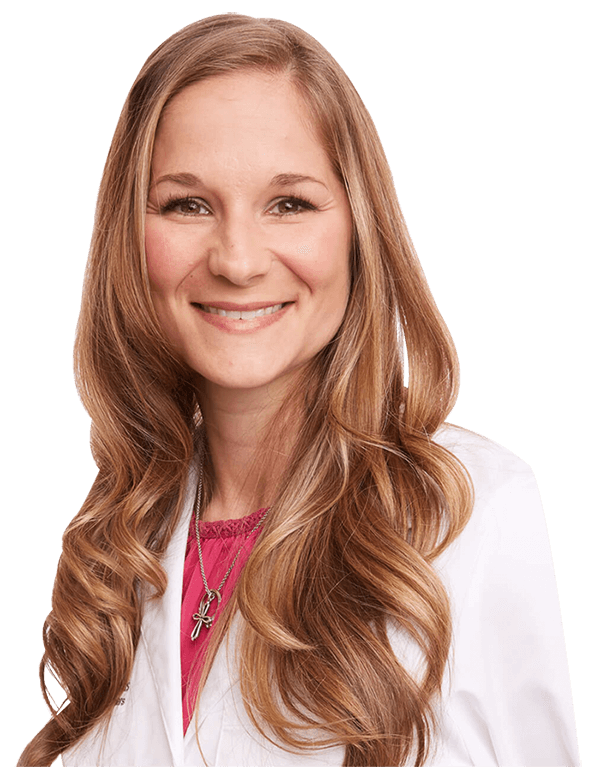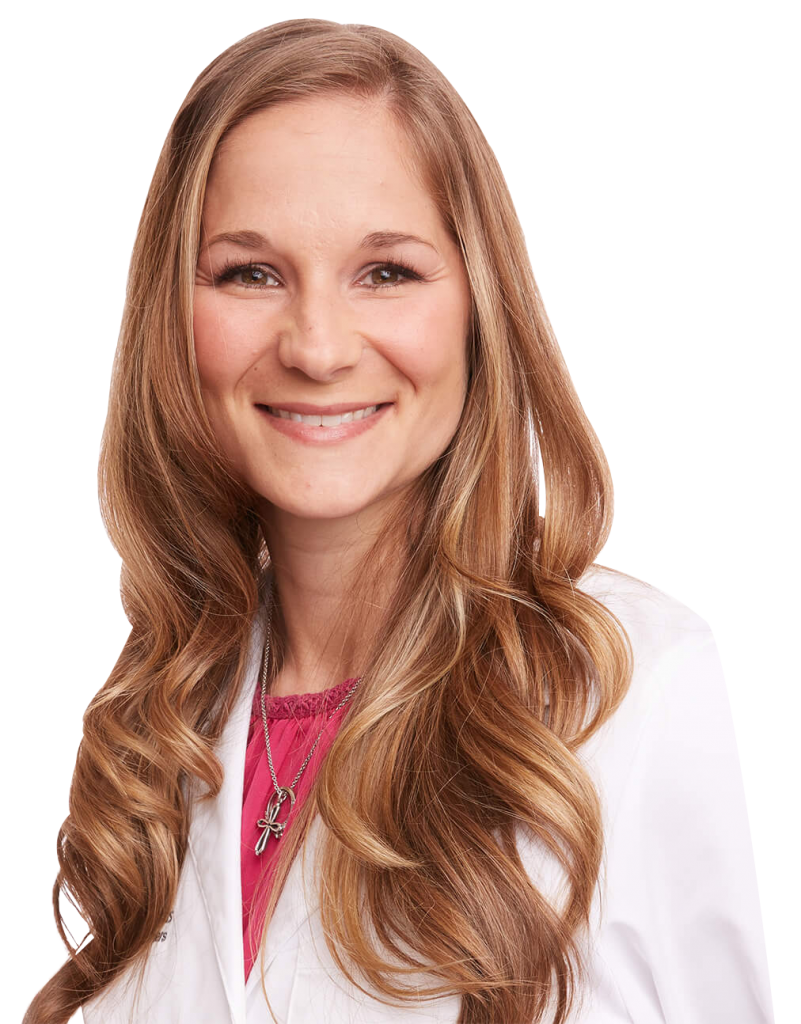
Breast cancer prevention begins with understanding risk factors and finding ways to manage them. By integrating a blend of healthy lifestyle choices, awareness of family history, regular screenings, and even vitamin D supplementation, you can effectively lower your risk.
Breast cancer has a variety of risk factors, some of which are controllable, and others that are not. Factors such as age, gender, and family history of breast cancer are beyond control. However, there are many areas, like lifestyle choices, where you can influence your risk.
Certain lifestyle choices can significantly reduce your risk of developing breast cancer. These include:
A diet high in fruits, vegetables, lean proteins, and whole grains can contribute to overall health and cancer prevention. While no food can guarantee complete protection against breast cancer, a balanced diet can strengthen your immune system, help maintain a healthy weight, and may even have cancer-fighting properties.
Breastfeeding for several months can contribute to breast cancer prevention. The longer you breastfeed, the greater the protective effect.
Menopausal hormone therapy comes with potential risks, including an increased risk of breast cancer. If you’re considering hormone therapy to manage menopause symptoms, discuss these risks with your healthcare provider.
Regular screening tests, such as mammograms, can detect breast cancer early, often before symptoms emerge. Early detection greatly increases the chances of successful treatment.
Breast cancer prevention requires informed lifestyle choices, diligent screening, and sometimes additional measures like vitamin D supplementation. Every step you take towards a healthier lifestyle reduces your risk of breast cancer. Together with your healthcare provider, you can design a personalized plan to protect your health.
Answering the call to serve has been my life work, and being your doctor is an immense privilege. Thank you for entrusting me with your care.


1830 Heritage Park Plaza Murfreesboro, TN 37129 (near me)
(615) 900-2621
Schedule a Consultation
Mon-Fri 8AM-5PM